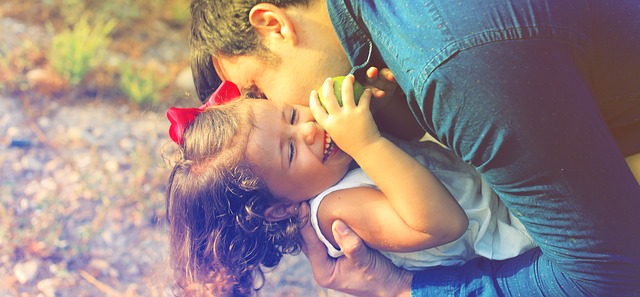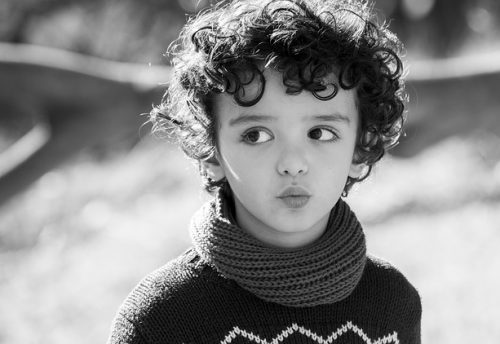
5 Tips To Be a Peaceful Parent
5 Tips to be a Peaceful Parent
In this article, you will learn about 5 tips to be a peaceful parent. Peaceful parenting is using intentional, gentle ways to guide children using empathetic and cooperative solutions versus trying to control their behavior with bribes, yelling, and punishments. It involves working with children by listening, understanding, responding, and communicating with intention. Training children with non-aggressive methods significantly reduce their temper and increase their negotiation skills. The methods of peaceful parenting don’t use the child’s natural amygdala, a base of the brain, flight, freeze, or fight response. This actually increases their emotional stability, their long-term memory functions and ability to think critically. In a healthy parent-child relationship, the parent will very rarely have to use authoritarian methods, because the bond is strong enough that the child will naturally trust the parent. Peaceful parenting is more difficult if the parent lacks patience, but the practice will build the virtue in both the parent and the child.
Here are 5 Useful Tips on How to be a Peaceful Parent –
1. Invest in Building a Relationship with your Child :
Quality time spent bonding with your child can go a long way in laying the foundation for a loving relationship. With the love and attention, the child receives, not only will he or she blossom it will help build a relationship of trust enabling the child to confide in you. Done right, amidst all the fun and games this bonding time will also provide you many coachable moments where you will be able to able to teach your child important lessons.
2. Explain What’s Happening :
Having healthy discussions with your child actually helps once your mutual bonding has developed, and his bad behavior is taken care of. You can initiate any discussion, like the one about telling your child that when he’s sad, you want to help him out with those feelings and with whatever is troubling him. Provide him the assurance that you will help him by working together as a team, to solve the problems that come up. If you start giving a proper explanation to your children, about the reason you want them to do something, there are good chances of them following suit, instead of ignoring.
3. Expect Emotions :
When children have been punished, they’ve learned that those big emotions that drove them to misbehave get them into trouble, so they try to stuff those “bad” feelings down. That doesn’t work, of course. The jealousy, frustration, and need are still there in your child’s emotional backpack, popping out at the slightest provocation. The only reason your child keeps them under wraps is because she’s afraid. So, once you stop punishing, those emotions are bound to bubble up to get healed. Acting out is not a personal challenge to you. When your child “acts out” she is acting out feelings that she can’t express in words. Like “All those times you yelled at me, and I was so scared…I acted like I didn’t care, but I was terrified inside… that fear is still inside me and it eats away at me and feels awful… so, I lash out to keep those feelings down.” No child could tell you that, so she acts out. Train yourself to see misbehavior as a cry for help. Emotions are never the problem; humans will always have big emotions.
4. Create Safety :
When your child shows you her upsets, stay calm. Don’t take it personally. The more you stay compassionate and accepting, the more he’ll feel safe enough to show you the woundedness behind his anger. (Anger is just the body’s fight response to those threatening feelings.) Expressing those tears and fears is healing. Once he shares them with you and he doesn’t even need to know what they’re about or to use words those feelings will evaporate, and he won’t need that chip on his shoulder to protect himself. If she’s stuck in anger, create more safety by being as compassionate as you can about what’s upsetting him. If that isn’t enough to help him cry, and he stays angry, it’s a sign that he needs more daily empathy, and more daily laughing with you. Both build trust.
5. Don’t Force Your Child to Apologize :
As parents, ever so often we are guilty of not allowing the child to move on before he has apologized for his wrong behavior. Often times this happens in public. Remember that instead of the child being remorseful for his behavior, what it leads to is resentment instead. It is far more effective if in your day to day behavior, you are seen taking the onus of your actions and apologizing without any shame for things done wrong, even if unwittingly. This behavior will be imbibed by the child and will soon become second nature for him, without you demanding an apology.






Leave a Reply